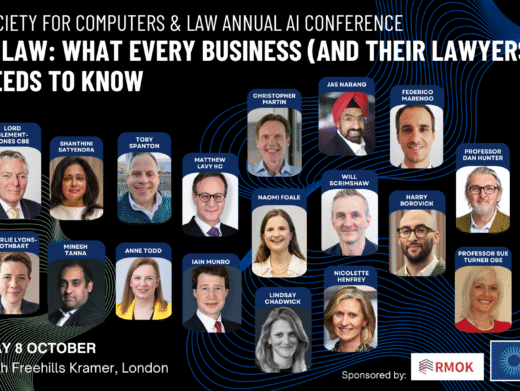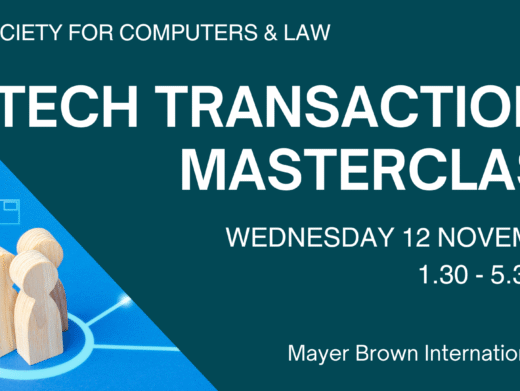Darren Grayson Chng on a book making the case for greater regulation of AI
It was at a webinar on AI and ethics in July 2024 that I first heard Lord Tim Clement-Jones speak. After hearing him speak I wanted to hear more. I knew I had to get my hands on the AI regulation and policy book that he said he had published.
Living with the Algorithm – Servant or Master? opens with an exploration of the narratives around AI, and how governments have been grappling with regulating a rapidly evolving technology that can be used for good but also for harm. The author’s view is that governments should develop and implement a governance framework that encourages transparency and is designed to gain and develop stakeholder trust.
At this point in time when countries around the world are competing to be the top AI hub and are thinking about whether to regulate AI, how to do so, and what would encourage innovation and investment rather than scare it away, the author makes the pointed comment that focusing on innovation-friendly regulation can mislead regulators and hinder effective governance. Instead, regulators should focus on assessing and calibrating risk, and providing guardrails for high-impact outcomes.
Chapter 2 discusses how many governments identify and plan for AI risks. Chapter 3 examines the impact of AI on democracy and freedom of speech. It talks about how AI has contributed to disinformation, and how countries are trying to mitigate or prevent AI-specific risks to democratic values.
Chapter 4 focuses on public sector adoption of AI technologies, with sections devoted to live facial recognition and autonomous weapons systems. The author argues that even when automated decision making is not relied upon solely, the impact of such systems across an entire population can be immense in terms of potential discrimination, breach of privacy, and access to justice. As an inhouse lawyer now implementing AI regulations but who used to work for the government, I found rather interesting the author’s short discussion about the utility of procurement rules and contractual clauses in ensuring the quality of AI systems.
Another enjoyable chapter was Chapter 5, which discusses the complex relationship between AI and intellectual property, and how AI challenges traditional notions of IP rights and ownership. Chapter 6 covers digital skills training and education for the future, the importance of digital literacy, and how to combat digital exclusion and data poverty.
Chapter 7 surveys the landscape of ethical AI principles before talking about legal liability and corporate governance. The author says that boards must have the right skill sets to understand what technology the company is using, and how it is using and managing it, in order to fulfil their oversight role.
He also suggests questions that boards should ask when considering the adoption of AI solutions, questions which I think are pertinent and important, and which I think companies still trying to get AI governance in place will find challenging to answer. Examples are:
- How is ethics around technology included within board governance? How often is ethics and technology discussed by the board?
- How does accountability between the business leadership and technology specialists fit together? Who is accountable at board level for these issues?
- What is the risk appetite of the business for the adoption of new technologies? How is risk assessed?
Chapter 8 looks at the differing approaches to AI regulation adopted by the EU, US, and UK, and the role of international standards. I like that the author devoted space (Chapter 9) to examining geopolitical tensions with China. Finally, Chapter 10 recaps the key themes discussed throughout the book, emphasising the need for thoughtful regulation of AI.
I think that Living with the Algorithm – Servant or Master? is a jewel for policymakers and regulators dealing with AI. For readers in other professions, it will be an insightful introduction to the range of challenges in regulating AI, both challenges that governments have to grapple with as well as challenges that arise because of how governments work.
This book clearly reflects the author’s significant expertise in AI policy. I cannot help but wish that it was much longer than 160 pages with deeper discussions on various topics like mitigating AI risks, IP, and managing geopolitical tensions.
Darren Grayson Chng is a data and tech lawyer in Singapore.

About the book
Living with the Algorithm – Servant or Master? by Tim Clement-Jones
£12.39
Published March 2024
Paperback, 160 pages
ISBN: 1911397923




